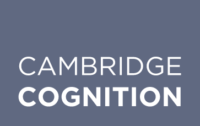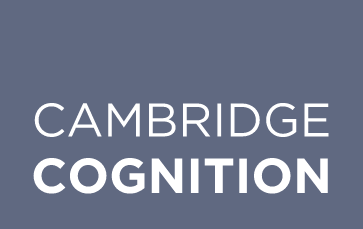Resource centre
Insights
Publications & posters
eBooks & whitepapers
Webinars
07 July 2021
Voice Technology in Clinical Trials
29 September 2020
Remote Cognitive Testing and Lessons Learned During Lockdown
23 March 2017
Leveraging Cognitive Measures in Clinical Trials

